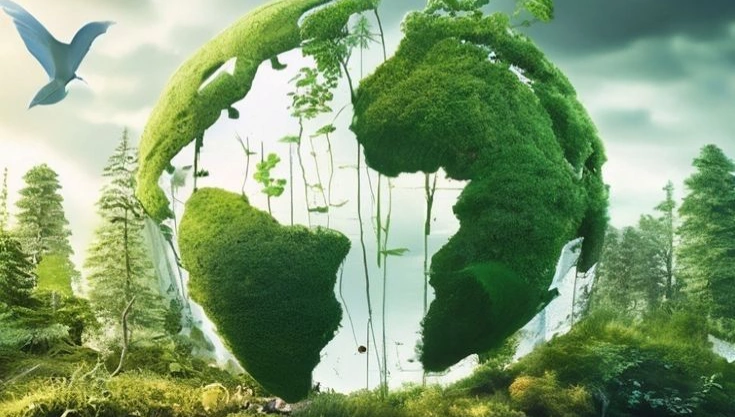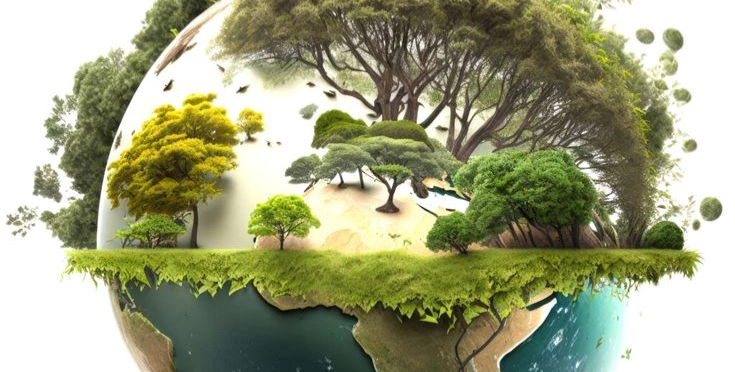Green Economy
The green economy is a model of sustainable development where economic growth is achieved without harming the environment and while promoting social equity. Its aim is to build an economic system in which production, consumption, and investment contribute to reducing greenhouse gas emissions, preserving natural resources and biodiversity, and improving quality of life.
Key features of a green economy include energy efficiency, low-carbon technologies, sustainable resource use, renewable energy development, and the creation of green jobs. It supports a shift from the traditional "take-make-dispose" model to a circular economy, where waste is repurposed and resources are reused.
Examples of green economy implementation can be seen in countries investing heavily in ecological transformation. Germany is advancing its energy transition (Energiewende), Costa Rica generates most of its energy from renewables, and South Korea promotes green growth strategies. These cases show that environmental sustainability and economic growth can go hand in hand.

Developing a green economy requires reform in taxation, subsidies, and government policy. Environmental taxes on pollution, support for clean industries, and investment in green innovation all provide incentives for businesses to adapt. Education and training for new green sectors, scientific research, and international cooperation are also vital.
Individuals can support the green economy by choosing eco-friendly products, reducing their carbon footprint, investing in sustainable companies, and backing policies for responsible development. A green economy paves the way for a fair, safe, and environmentally sound future.

Close